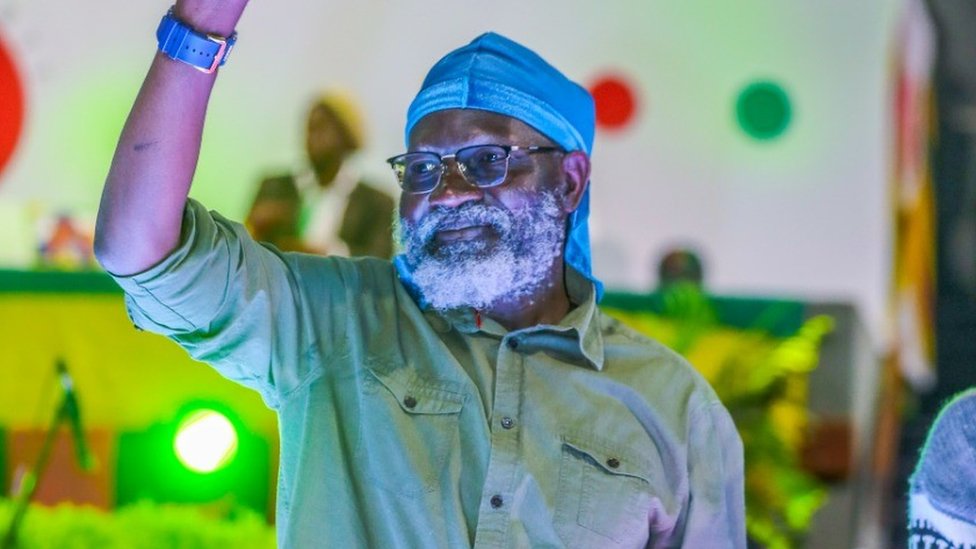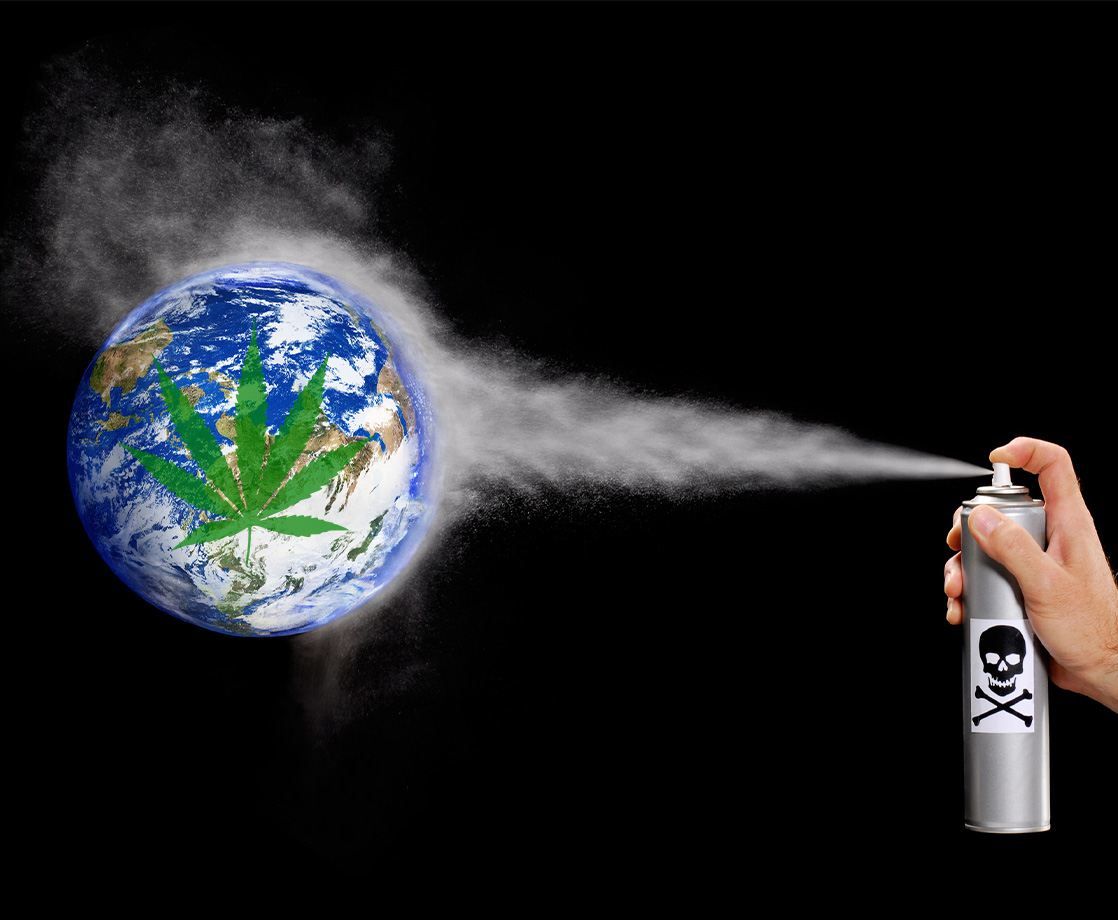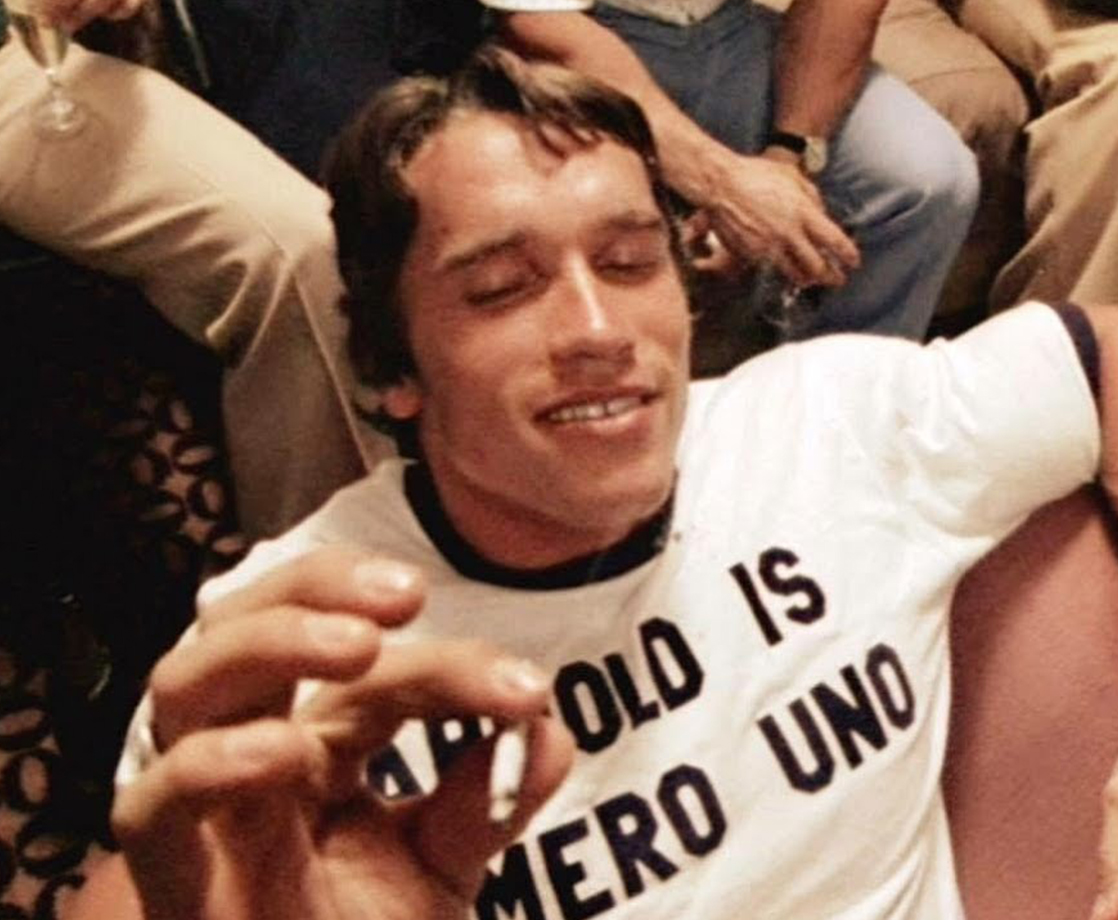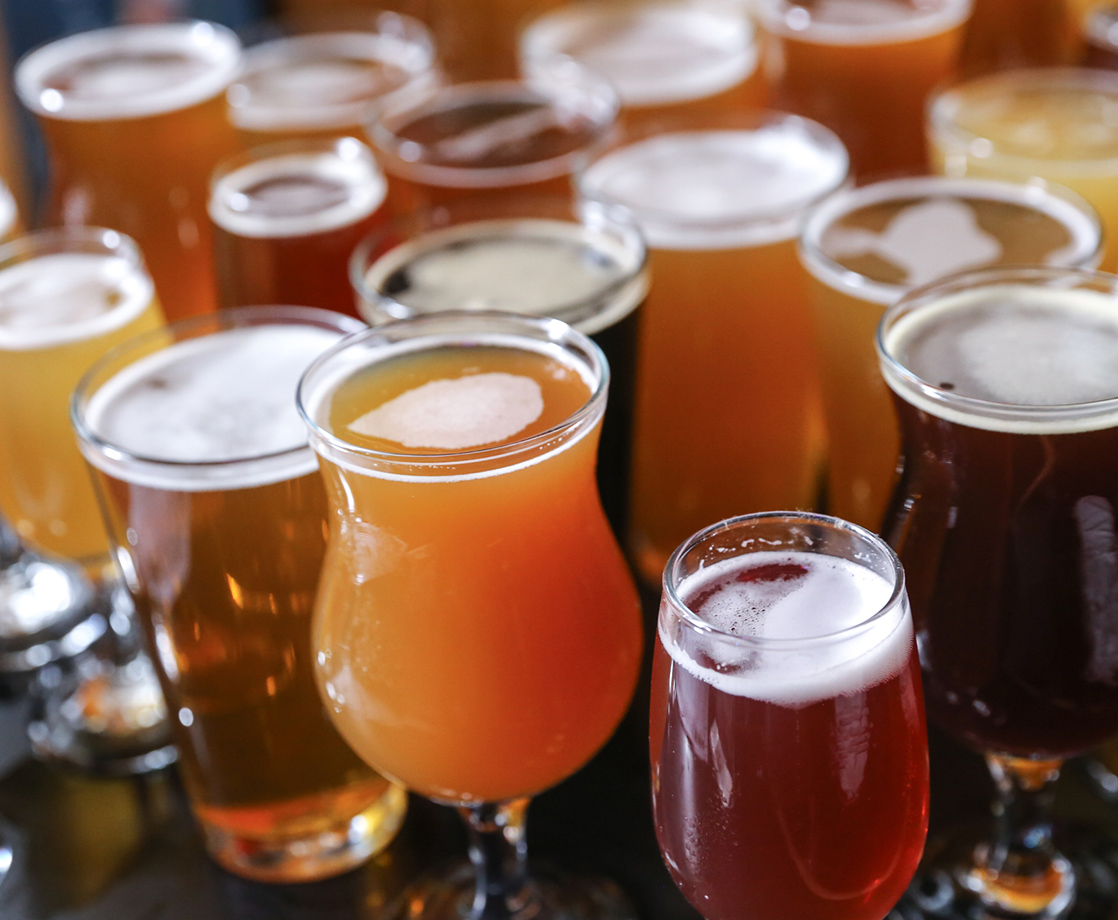Image via
Human rights lawyer George Wajackoyah was generating a different kind of excitement in the run-up to Tuesday’s Kenyan presidential race — he based part of his campaign on the issue of cannabis legalization.
An NPR reporter said they “felt the euphoria weaving its way through every corner of the town” during a recent stop on the Wajackoya campaign trail. But the enthusiasm is not because people believed he had a chance at winning. The race’s two most likely candidates, former prime minister Raila Odinga and deputy president William Ruto, are in a tight, still-undecided race that currently has Wajackoya with less than one percent of the vote.
Rather, the 63-year-old tracksuit-sporting lawyer brought up a pair of subjects seldom addressed in Kenyan politics: The country’s deep-seated issues of corruption and marijuana legalization.
“We have to change our mindsets to look at the economics and fix those economics — and the only way to fix the economics is by growing weed!” Wajackoya reportedly yelled at the crowd.
One of the lawyer’s campaign focuses was on legalizing the cultivation of commercial cannabis for export, in particular, to Israel.
Wajackoya’s other shocking and crowd-pleasing statement in a country beset by issues of widespread impunity is that corrupt politicians must die — and that they should be given the opportunity to choose the method that death is administered.
“Human rights my a**,” he told NPR. “Come on. Let us liberate our country first, and then we do what we have to do.”
But looping back to the weed: An export-focused cannabis industry would not be a new situation among African nations. In many places, that system has not been a boon to less-wealthy cannabis entrepreneurs. Stringent regulations and costly licensing processes have left many small-scale family farmers out of Africa’s legal cannabis industry entirely. Last year in South Africa, the Black Farmers’ Association of South Africa called for the shuttering of the federal agency tasked with granting cannabis business licenses, with the group’s statements alleging that “SAHPRA [South African Health Products Regulatory Authority] services and maintains the white monopoly colonialists.”
South Africa has decriminalized personal possession and private consumption of cannabis, in addition to regulating a commercial industry. Countries like Lesotho have instead opted to concentrate policy changes on their medicinal marijuana industry. The small country received the first permission to export cannabis to EU markets. Zaire, Zimbabwe, and Malawi have also widened access to medicinal marijuana in recent years — in 2021, news broke that the latter nation had tapped boxer Mike Tyson to be the national cannabis industry’s spokesperson.
In January, a $2 billion dollar shipment of South African cannabis to North Macedonia (orchestrated by the Virginia-based Pharma Corp) signaled growing profits to be made off of exporting cannabis from Africa.
Wajackoya’s radical ideas, including his thoughts on cannabis, seem to be jiving with some Kenyans who feel ready for a significant shift in how the country, beset with high costs of living and creeping unemployment, is being run.
“Western countries have legalized bhang [marijuana],” he told the BBC. “Why shouldn’t we?”











